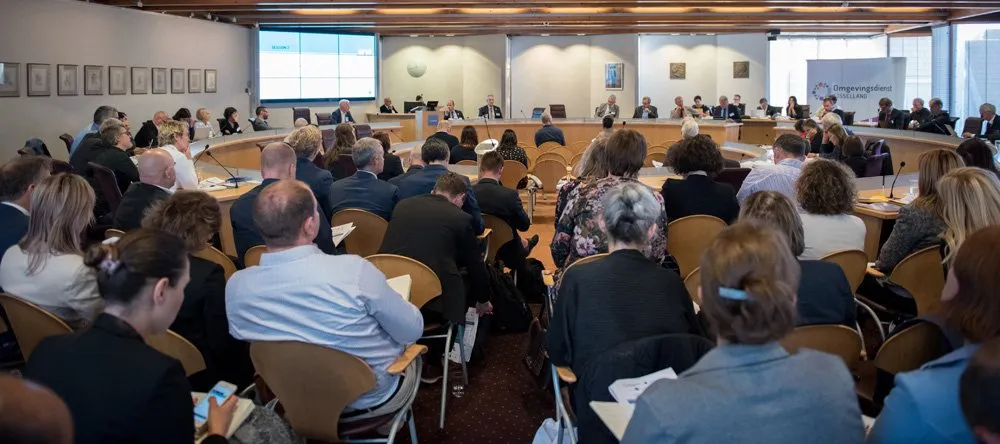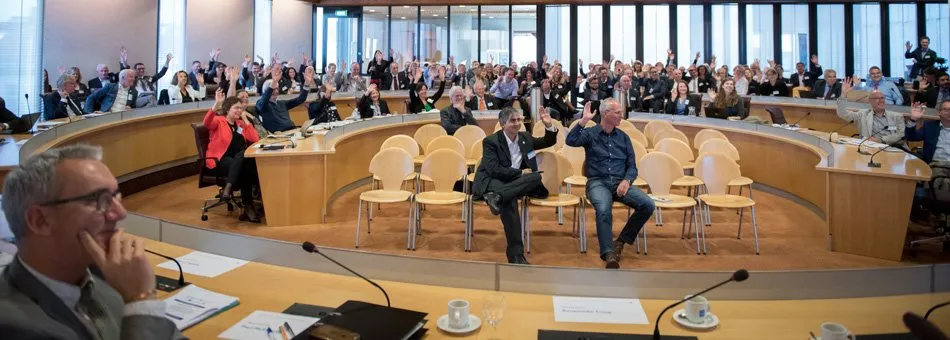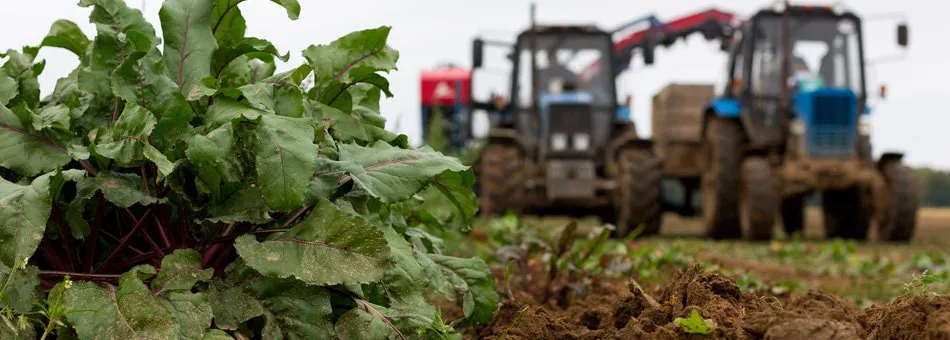Involving the public through citizen science
“Citizen science is quite a new subject for IMPEL,” said session chair Olivera Topalov when she opened the dedicated session on the subject. Luca Demicheli, from the Italian Institute for Environmental Protection and Research, gave a presentation about the link between citizen science and IMPEL. “Citizen science is about science, but it is not scientific,” said Demicheli. “It’s all about communicating. And it is ideal for environmental issues, because people are interested in them.” Demicheli then talked about two successful citizen science projects, beginning with the ‘I LIVE GREEN’ video competition organised by the European Environment Agency (EEA) where citizens send in their green life choices and actions. The second project he mentioned was the joint effort by the EEA and the European Network of the Heads of Environment Protection Agencies (EPAs), where citizens in 12 countries are given instruments to monitor air quality. “It’s the largest citizen science project on air quality to date, and likely to expand to other environmental topics.”
'It is ideal for environmental issues, because people are interested in them'
Next up was Florin Homorean, commissar at the National Environmental Guard (NEG) in Romania. Homorean explained how NEG is responsible for the inspection of 8,554 installations and 985 protected areas covering 47,780 km², about 20% of Romania. “We don’t have the capacity to be in the area daily,” Homorean said. Then he talked about INCOLAB, a new and innovative approach to ensure compliance. It’s a collaboration management approach of specific Natura 2000 sites in the Danube border area. INCOLAB comes with an app that allows citizens to report cases that might affect protected habitats or species. “After an incident is reported, an automatic note is sent to the custodian or NEG commissary,” explained Homorean. “The citizen gets a notification of the confirmation, the progress of the inspection, and how and when the issue is solved.” INCOLAB was recently launched, but according to Homorean has already proved its value for organising and conducting inspections.





